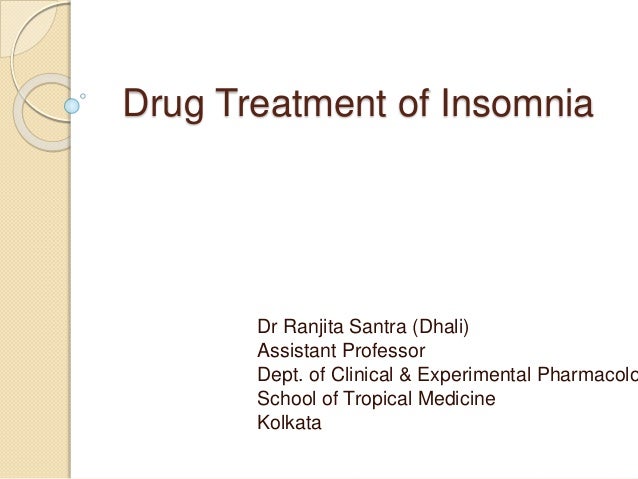
In some people, eliminating caffeine may significantly improve anxiety symptoms. It may also cause panic attacks in people with panic disorder.

Research has shown caffeine may cause or worsen anxiety disorders. Caffeine may cause nervousness and jitters, neither of which is good if you’re anxious. If you have chronic anxiety, caffeine is not your friend. Additionally, you can make a plan with a support system who can provide everything from encouragement to distractions. You can also take up habits that may distract you in order to create an environment that works for your smoke-free life. The Centers for Disease Control and Prevention (CDC) recommends finding a safe substitute for cigarettes, like toothpicks. If you’re looking to quit, there are lots of different ways you can get started. Research also suggests nicotine and other chemicals in cigarette smoke alter pathways in the brain linked to anxiety. Research has shown that the earlier you start smoking in life, the higher your risk of developing an anxiety disorder later. Yet, like drinking alcohol, taking a drag on a cigarette when you’re stressed is a quick fix that may worsen anxiety over time. Smokers often reach for a cigarette during stressful times. And as we’ll later point out, a good night’s sleep is incredibly helpful when combating anxiety. This interference creates an imbalance that may lead to certain symptoms of anxiety.Īnxiety may temporarily increase in early sobriety but can improve in the long run.Īlcohol has also been shown to disrupt your body’s natural ability to sleep by interfering with sleep homeostasis. Heavy drinking can interfere with the balance of neurotransmitters, which can be responsible for positive mental health. However, research suggests there’s a link between anxiety and alcohol consumption, with anxiety disorders and alcohol use disorder (AUD) occurring hand-in-hand.Ī 2017 review that looked at 63 different studies showed that decreasing alcohol intake can improve both anxiety and depression. Steer clear of alcoholĭrinking alcohol may take the edge off at first, since it’s a natural sedative. If you’re looking to really get your heart rate up, something like a HIIT class (high-intensity interval training) or running is your best bet.īut if you’re looking to start off with something with a little lower impact, workouts, like Pilates and yoga, could also be just as beneficial for your mental health. When it comes to what type of exercise, this is more of a personal preference. brain-derived neurotrophic factor (BDNF)Īccording to the American Psychological Association (APA), regular exercise leads to an enhancement of concentration and willpower, which can help certain anxiety symptoms.Getting your heart rate up also changes the brain chemistry to create more space for anti-anxiety neurochemicals, like:

Exercise can divert your attention away from something that’s making you anxious. Regular exercise isn’t just about physical health - it can be a huge help to your mental health, as well.Ī 2013 study found that people with anxiety disorders who reported a high level of physical activity were better protected against developing anxiety symptoms. Feeling anxious about something new or stressful is one thing, but when it gets to an uncontrollable or excessive point and starts to affect your quality of life, it could be a disorder.ġ0 natural remedies for anxiety 1. With that being said, there’s a difference between everyday anxiety and anxiety disorders. While one person may experience a butterfly feeling in their stomach, another might have panic attacks, nightmares, or painful thoughts. However, it’s important to note that anxiety can present itself in different ways for different people. It’s a feeling of fear or worry that could be caused by a combination of factors that researchers believe range from genetics to environmental to brain chemistry. Anxiety is your body’s natural response to stress.


 0 kommentar(er)
0 kommentar(er)
